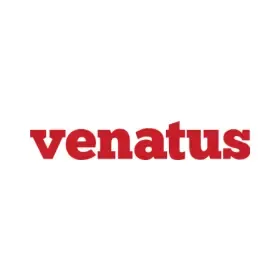Preferred Deals or Private Marketplaces (PMPs): Advantages
-
 By Editorial Staff
By Editorial Staff
-
25 March 23
Non-guaranteed floor, you get my inventory directly through me, thus getting all the targeting perks and optimization attention, maybe priority over Open if you are spending, but if demand is up, you may end up paying more. Do an analysis of your Open average winning bids and experiment with what you are pricing; I think 2x your open rate is a good starting point, and adjust accordingly to fluctuations. I'll do an analysis monthly but typically only change PMP rates every six months or yearly.
Summary
-
The Advantages of Preferred Deals or Private Marketplaces for Publishers
- Negotiate a Fixed CPM
-
The Advantages of Preferred Deals or Private Marketplaces for Advertisers
- Premium Prices
The Advantages of Preferred Deals or Private Marketplaces for Publishers: Pros
List here some of the added benefits of running preferred deal campaigns from a publisher's point of view. Your ability to charge a premium CPM often comes at a cost for the advertiser. Thus, the long-term benefits should be mutual.
Negotiate a Fixed CPM:
One of the biggest advantages of preferred deals for publishers is that they can negotiate a fixed rate of CPM, and after a few iterations with the buyer, the deal can continue for a long period of time. The objective is to give the advertiser the required amount of time to calculate the ROAS and negotiate a CPM rate that works perfectly well for both parties in the long run. By doing so, you not only retain your buyer, and your hard work pays off; the overall auction pressure is increased as well.
Premium Prices:
From a monetization standpoint, preferred deals are a great bet. You can easily charge your buyers almost 2.5X or even more than your average open auction price because of the first-party data insights you're providing. It can go up to 3X if the buyer is choosing a very specific inventory and if he is buying in bulk, you can negotiate the pricing to 2X.
Total Transparency:
Working with third-party ad networks can result in minimal transparency and ruined user experience for visitors. There are many networks that run in-banner videos in open auctions at the price of display. Things like this are uncalled for and are due to lesser transparency and interaction with the advertiser. When you're working with a direct advertiser via preferred deals, you can be assured of total transparency.
Upsell:
In the long run, you can pitch your buyer with ROI-driven ad formats which are website exclusive and cannot be transacted via any exchanges. These direct deals will help you upsell your inventory and alternatively make additional room for more demands. Also, you can work directly with the advertiser in the long run to minimize network commission which is around 20-25%.
Premium Quality Ads:
Working with direct advertisers via preferred deals have some added advantages. The delivery of the ads is premium in nature, and they are usually relevant and value-driven to your website visitors as well. An ad is supposed to be premium when the creatives are neatly designed with a clear objective, the landing page ads value the user, and the overall user experience is smooth.
Optimized Delivery:
You will have granular control over the delivery of the ad units, like displaying one specific creative to one user, interviewing them at a fixed period of time, automatically refreshing ad units to increase the inventory, and other negotiated delivery rules.
Seasonal Changes:
Seasonal fluctuations in CPMs can negatively impact your overall ad revenue. However, if you have a pre-negotiated fixed CPM rate, then you are sure about the revenue projections, and it gives you financial peace of mind.
Security:
In most cases, buyers will get all the creatives approved from you. Although they are hosted on DSPs, you can take a look at the creatives and ensure the brand yet. This lets you monitor the landing pages of the ads where your website visitors will be taken once they click on an ad. The user experience is crucial, and ensuring they are not trapped by malvertising ads or ad-heavy landing pages is the responsibility of the publisher.
The Advantages of Preferred Deals or Private Marketplaces for Advertisers
Quality drives performance and not quantity. This is one of the fundamental principles as to why preferred deals are so effective for some buyers. When you're paying a few extra dollars for impressions, you're assured to harness the following benefits of preferred deals as an advertiser.
Brand Safety:
There is a high volume of fraud that exists in open auctions mainly because of the mixed market concept. You might end up spending thousands of dollars on a number of websites without any conversion before you finally realize the sites that are converting for you. Many of these sites may not need your brand safety guidelines, but all of these get unnoticed because it is a programmatic open auction where you have very limited control over who gets to see your ads.
Flexibility:
Greater flexibility in terms of contact, ad delivery, scheduling, and more is achieved when you go programmatic, preferred with a publisher. Often, the ability to make such minor changes and track them in real time can provide great insights into the effectiveness of the campaign and its overall performance. Working with a direct number of selected publishers can also lead you to AB testing.
Higher ROAS:
One of the biggest values for the advertiser, despite paying a higher price for each impression, is a higher conversion and a better ROAS compared to the open auction. Open auction is good for finding your potential audience, but retargeting them and generating conversions and sales would happen when they see your ads on niche websites that have high-quality, relevant content.
Security:
Invalid traffic is one of the main reasons why advertisers continue to lose billions of dollars each year. The maximum number of frauds in the open exchange despite all protective measures taken by SSPs and DSPs. Buyers tend to lose almost 10% of their budget on ad fraud and are helpless. Moving to PMPs and preferred deals save you this money, and you can have exclusive premium inventory at scale.
Premium Inventory:
Wosavesg with publishers via preferred deals gives you first-party data insights which can help you boost your campaign effectiveness. You can choose specific placements and ad formats and have more granular and direct reporting on your campaign performance. You can also pass additional macros and track your potential audience. Even you can work with a punisher outside the programmatic environment once you are able to understand and evaluate the KPIs required to make a conversion.
Preferred deals or Private Marketplaces, or whatever you may call them, do transact in the programmatic ecosystem mainly because of the aforementioned benefits for both advertisers and publishers. However, it doesn't work well with all sites and audience types.
| Recommended Software | Category | Why Choose? | Signup URL |
|---|---|---|---|
| Setupad | Website Monetization | High CPMs, On time payments | Signup here |
| Adsterra | Website Monetization | AdSense alternative, niche CPMs | Signup here |
| Beehiiv | Email Monetization | Additional revenue, High CPMs | Signup here |
| Semrush | SEO | High impact on SEO and traffic | Signup here |
| Frase.io | AI SEO | Affordable, Boosts SEO traffic | Signup here |
| WP Rocket | Speed Optimization | Affordable, Boosts Pagespeed | Signup here |
Blog FAQs

Editorial Staff at Publisher Growth is a team of blogging and AdTech experts adept at creating how-to, tutorials, listings, and reviews that can publishers run their online businesses in a better way.
View All PostsOur Editors’ Pick:
Browse these amazing publisher monetization tools handpicked by our team of editors






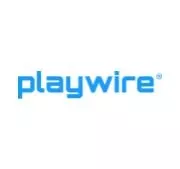






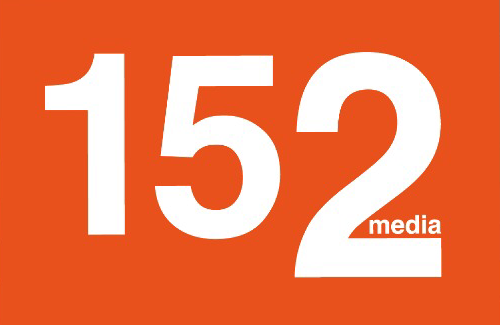
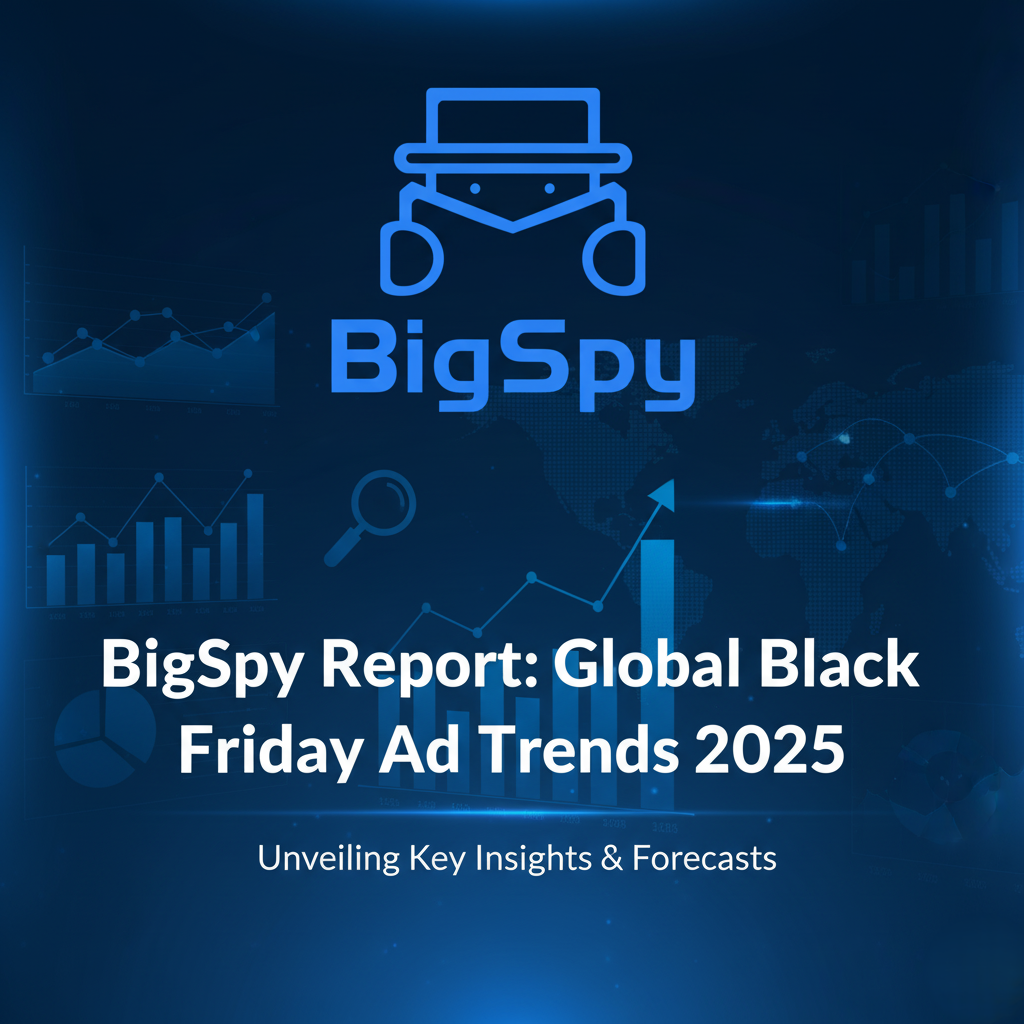
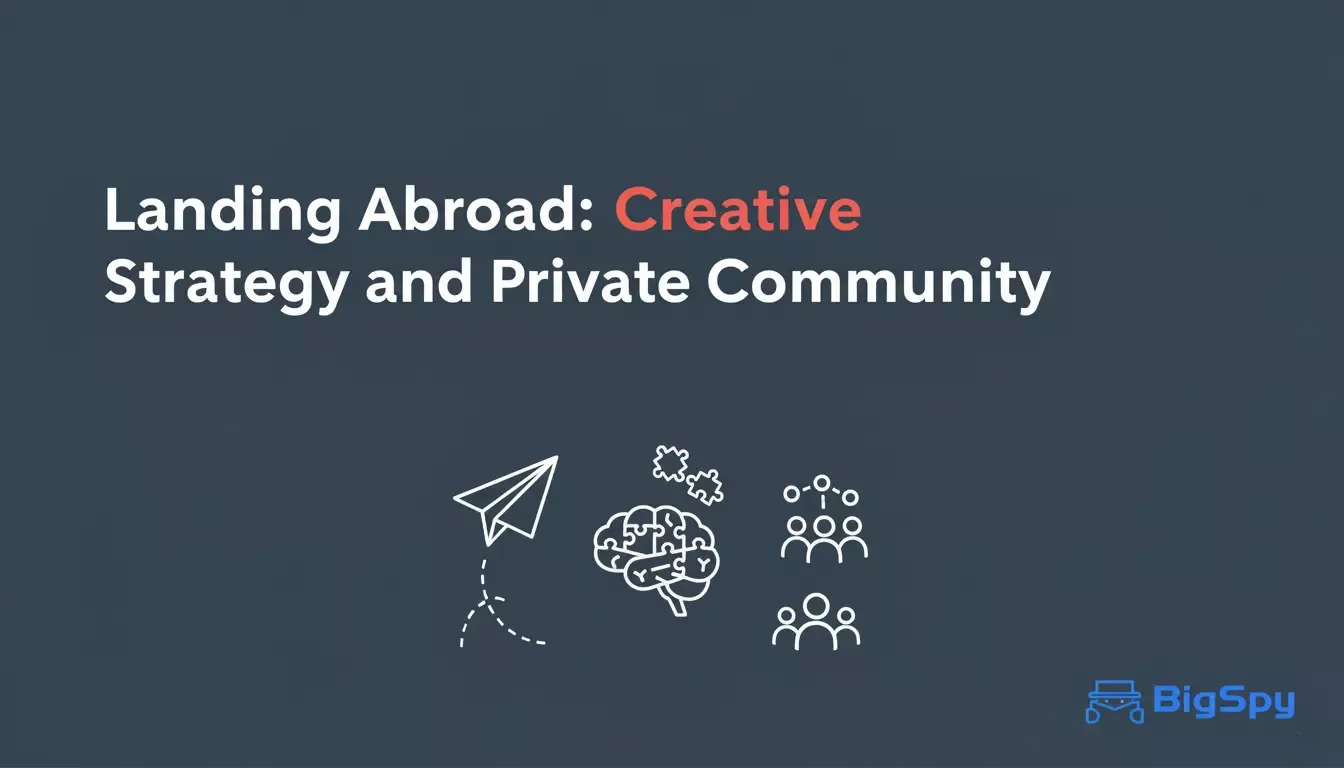
.webp)
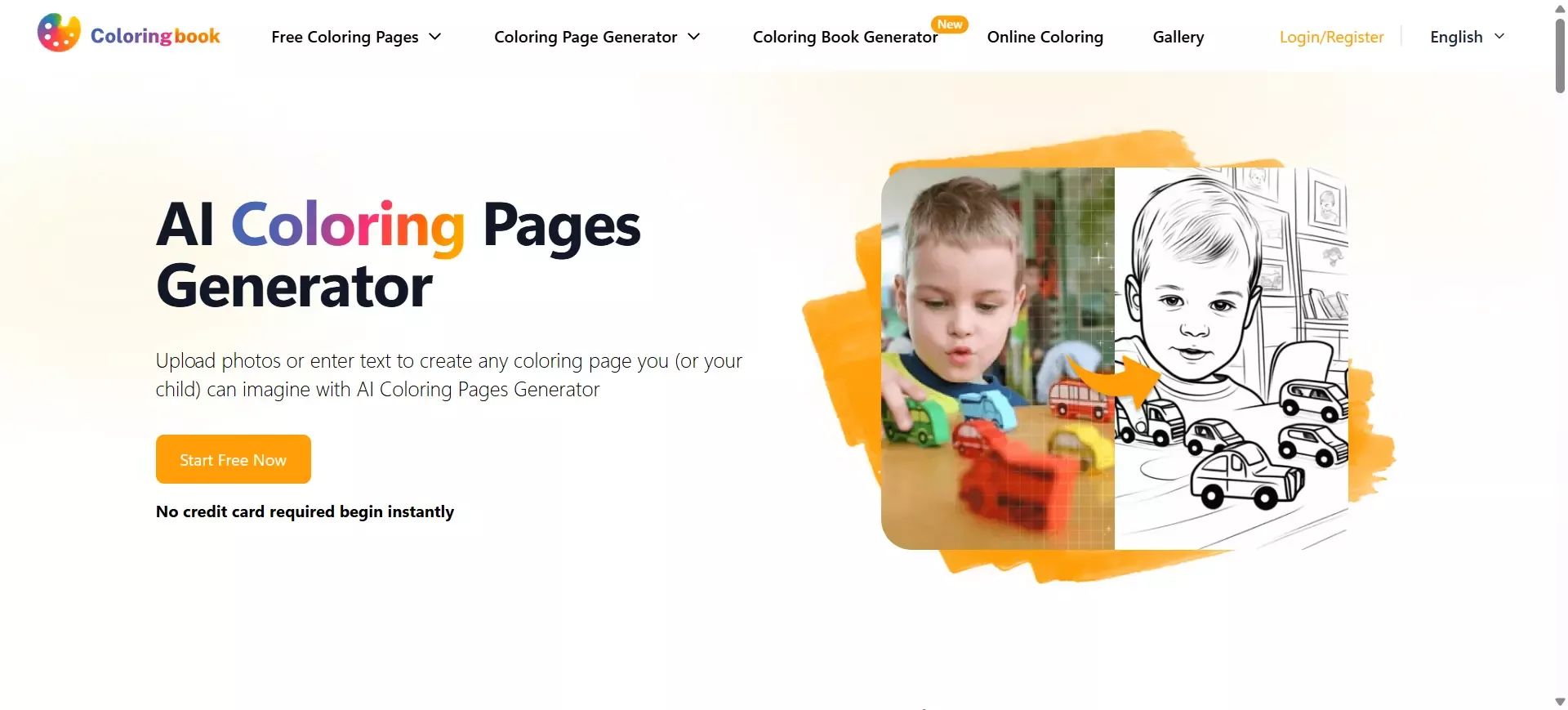
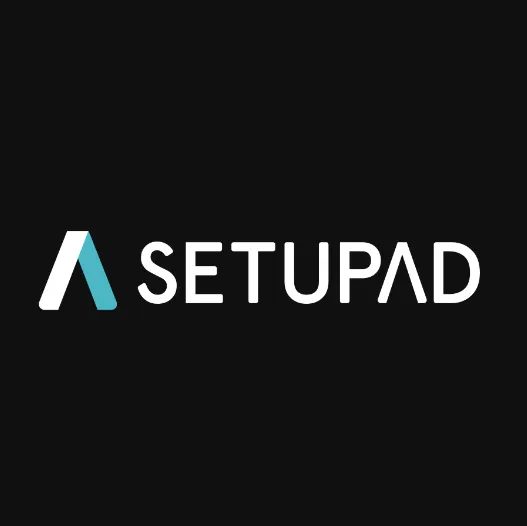

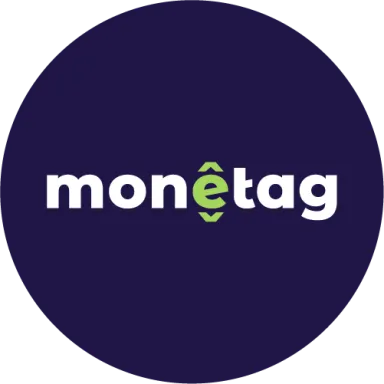


 (1).webp)
